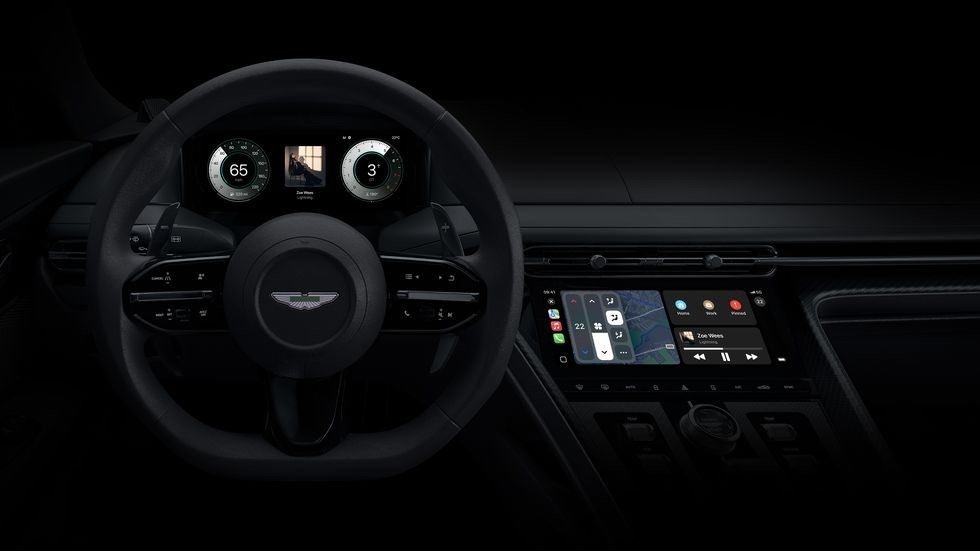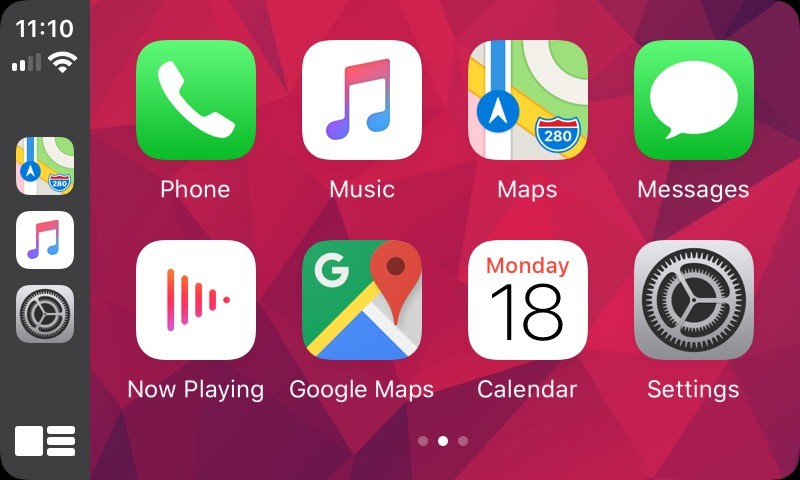Android Auto and CarPlay serve as similar systems for mirroring smartphones, offering nearly identical features and allowing users to connect their mobile devices to vehicle infotainment systems.
CarPlay has traditionally been seen as the more reliable and stable option compared to Android Auto, largely due to Apple’s controlled ecosystem. With numerous restrictions in place, CarPlay experienced fewer bugs, resulting in fewer connection issues and broken features.

However, with the launch of the iPhone 15, CarPlay began encountering connectivity problems due to issues like faulty USB-C cables. Despite minimal updates in recent years, CarPlay remains tied to iOS updates for new features.
However, as Apple’s automotive ambitions now focus solely on software like Apple Maps and CarPlay following the abandonment of the Apple Car project, there’s a renewed commitment to enhancing CarPlay.
As Apple shifts its focus to software, CarPlay is expected to receive significant updates in upcoming iOS releases, intensifying the competition with Android Auto. CarPlay 2.0 is already in development, with Porsche and Aston Martin set to pioneer its adoption, promising further advancements in the automotive space.
Meanwhile, Google, with its focus on software and services, is gearing up for competition, with updates planned for Android Auto and Android Automotive.
The expansion of the app ecosystem will be crucial for both platforms to attract users, and while challenges like restricted app access on CarPlay exist, the rivalry between the two platforms is expected to benefit consumers with increased innovation and choice in the automotive sector.

